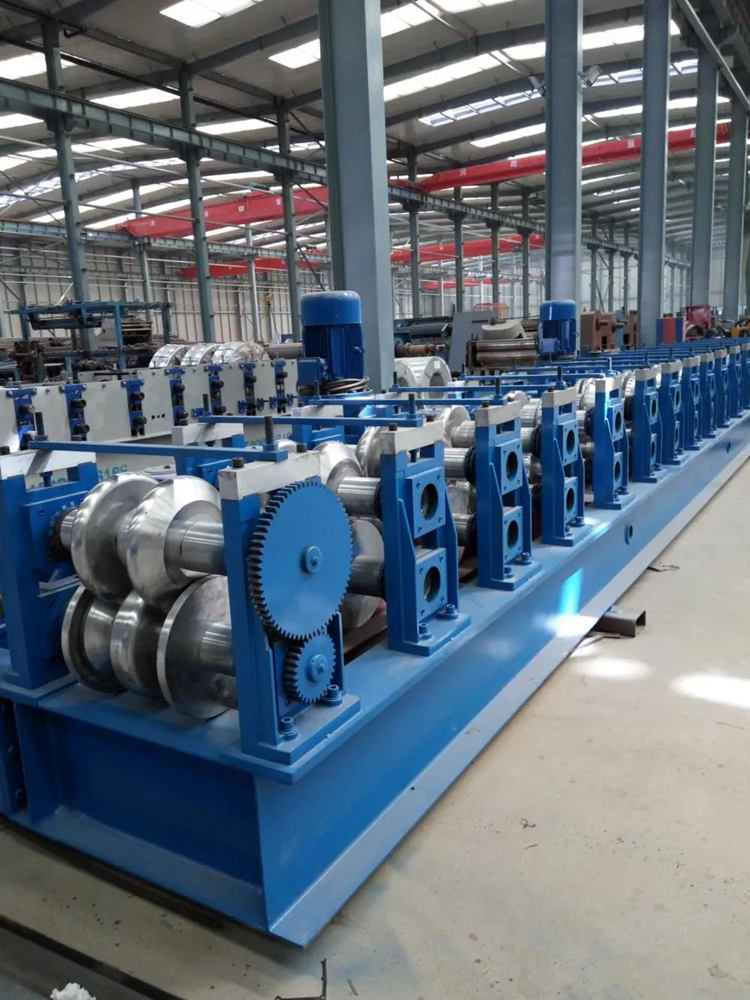
The Evolution and Importance of Rebar Welding Machines
In the ever-evolving world of construction, the importance of robust infrastructure cannot be overstated. A critical element in building strong frameworks is the use of rebar, or reinforcing bars, which enhance the tensile strength of concrete. As demand for efficient construction practices grows, so too does the significance of rebar welding machines. These machines have transformed the way rebar is processed and joined, ensuring that construction projects are completed quickly, safely, and with minimal human error.
Understanding Rebar Welding Machines
Rebar welding machines are specialized tools designed to join lengths of reinforcing bars through various welding techniques. These machines typically employ the processes of resistance welding or arc welding, enabling them to generate the heat necessary to fuse the bars together. Resistance welding, for instance, uses electrical resistance to generate heat, making it a highly efficient method that reduces the time required for welding.
One of the prominent advantages of using rebar welding machines is their ability to produce strong, consistent welds. This consistency is crucial in construction, as even minor discrepancies in weld quality can lead to structural weaknesses. By automating the welding process, these machines minimize human error and standardize the quality of the welds produced.
Key Features and Technological Advancements
Modern rebar welding machines come equipped with a variety of features designed to enhance their efficiency and ease of use. Many machines are now equipped with digital controls that allow operators to precisely set parameters such as temperature, speed, and pressure. This level of control ensures that each weld meets the specific requirements of the project, adhering to industry standards and regulations.
Additionally, advancements in technology have led to the development of portable rebar welding machines. These machines can be easily transported to construction sites, allowing for on-the-spot welding without the need for extensive setup. This portability not only increases the efficiency of work but also reduces labor costs, as fewer workers are required to manage the welding process.

Safety Considerations
The safety of workers is paramount in the construction industry. Rebar welding machines significantly contribute to workplace safety by minimizing the risk of accidents that can occur with manual welding methods. Automated machines reduce the amount of direct human contact with hazardous equipment, while also decreasing the likelihood of injuries associated with repetitive strain or fatigue.
Moreover, many modern machines are designed with safety features such as automatic shut-off mechanisms and protective barriers, ensuring that operators are safeguarded from potential hazards. This focus on safety not only protects workers but also enhances overall productivity on construction sites.
Environmental Impact
The construction industry has a significant environmental footprint, and the introduction of efficient rebar welding machines plays a role in mitigating this impact. By streamlining the welding process, these machines reduce energy consumption and material waste. For instance, precision welding ensures that rebar lengths are used more effectively, minimizing excess that would otherwise go to waste.
Furthermore, the durability of welded joints contributes to the longevity of structures, meaning that less frequent repairs and replacements are necessary. This, in turn, leads to a reduction in the environmental impact associated with the maintenance of buildings.
Conclusion
In conclusion, rebar welding machines have proved to be indispensable in modern construction practices. They not only enhance the quality and strength of welded joints but also improve efficiency, safety, and environmental sustainability. As technology continues to advance, we can expect even greater innovations in rebar welding, further solidifying its role as a cornerstone of durable infrastructure development. Both stakeholders in the construction industry and the communities they serve will benefit from the continued evolution of these essential machines.